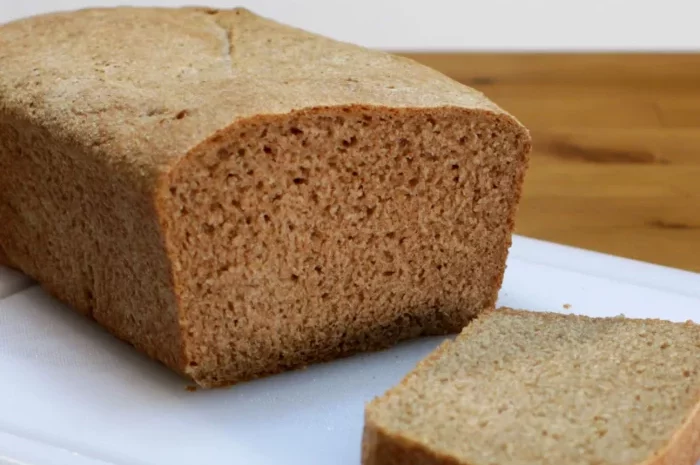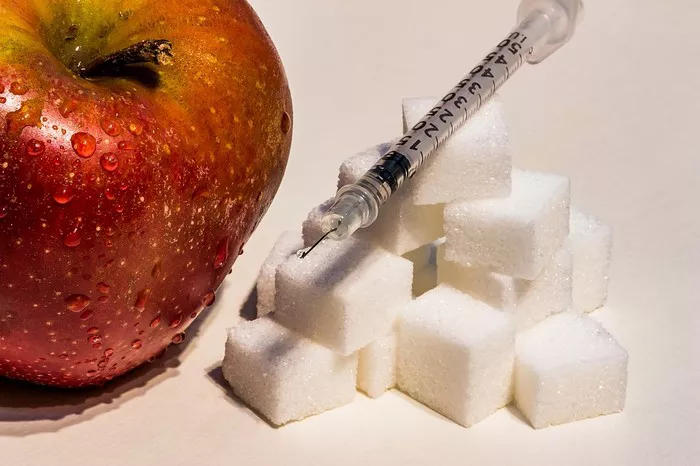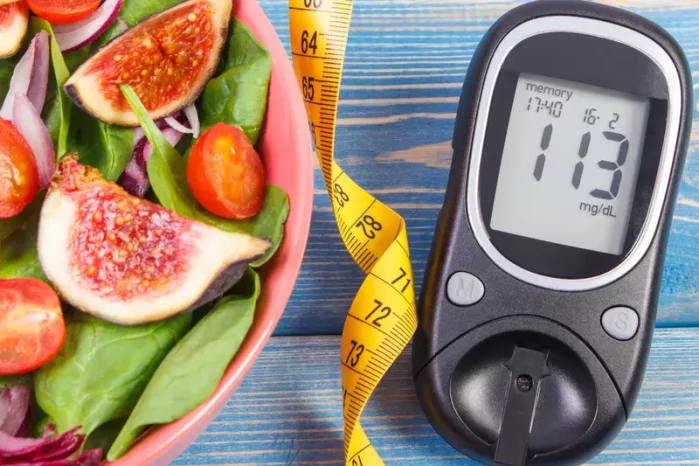Explanation of Diabetes
Diabetes is a chronic metabolic disorder characterized by elevated blood sugar levels due to either insufficient insulin production, ineffective utilization of insulin, or both. Insulin, produced by the pancreas, is a hormone responsible for regulating glucose (sugar) in the bloodstream and facilitating its entry into cells for energy production. In individuals with diabetes, this process is disrupted, leading to hyperglycemia, which can cause various complications if left unmanaged.
Importance of Diet in Diabetes Management
Diet plays a pivotal role in controlling blood sugar levels and preventing complications associated with diabetes. By making informed dietary choices, individuals with diabetes can better manage their condition and improve their overall health. A balanced diet can help stabilize blood sugar levels, reduce the risk of cardiovascular diseases, maintain a healthy weight, and enhance overall well-being.
Foods to Include
Low-Carb Superfoods
Leafy Greens: Leafy greens such as spinach, kale, and Swiss chard are rich in vitamins, minerals, and antioxidants, while being low in carbohydrates. They are excellent additions to salads, stir-fries, and smoothies.
Non-Starchy Vegetables: Vegetables like broccoli, cauliflower, cucumber, and bell peppers are low in carbs and high in fiber, making them ideal choices for diabetes management.
Berries: Berries such as strawberries, blueberries, and raspberries are packed with antioxidants, vitamins, and fiber, yet they have a low glycemic index, meaning they won’t cause significant spikes in blood sugar levels.
Healthy Fats and Proteins
Fatty Fish: Salmon, mackerel, and sardines are rich sources of omega-3 fatty acids, which have anti-inflammatory properties and can improve insulin sensitivity.
Nuts and Seeds: Almonds, walnuts, flaxseeds, and chia seeds are high in healthy fats, protein, and fiber, making them satisfying snacks that help stabilize blood sugar levels.
Lean Proteins: Skinless poultry, tofu, tempeh, and legumes provide essential proteins without significantly affecting blood sugar levels.
Fiber-Rich Foods
Legumes: Beans, lentils, and chickpeas are excellent sources of fiber and protein, which help slow down digestion and prevent rapid spikes in blood sugar.
Whole Grains: Oats, quinoa, and barley are high-fiber grains that provide sustained energy and promote better blood sugar control when consumed in moderation.
Foods to Avoid
Sugary Beverages: Regular soda, fruit juices, and sweetened drinks can cause rapid spikes in blood sugar levels due to their high sugar content.
Processed Foods: Packaged snacks, fast food, and processed meats often contain added sugars, unhealthy fats, and refined carbohydrates, which can disrupt blood sugar regulation.
Sweets and Desserts: Candy, pastries, and desserts made with refined flour and sugar should be limited or avoided altogether due to their high glycemic index.
Portion Control
Portion control is essential for managing diabetes because even healthy foods can contribute to elevated blood sugar levels if consumed in large quantities. It’s crucial to be mindful of serving sizes and to avoid overeating, especially high-carb foods. Using smaller plates, measuring portions, and practicing mindful eating can help individuals with diabetes regulate their food intake and maintain stable blood sugar levels.
Meal Planning Tips
Balance Macronutrients: Aim to include a combination of carbohydrates, protein, and healthy fats in each meal to promote balanced blood sugar levels.
Spread Meals Throughout the Day: Instead of consuming large meals, consider eating smaller, more frequent meals to prevent blood sugar spikes and maintain energy levels.
Plan Ahead: Plan meals and snacks in advance to ensure they are well-balanced and aligned with your dietary goals. Keep healthy options readily available to prevent impulsive food choices.
Recipes and Preparation
Quinoa Salad with Roasted Vegetables
Ingredients:
1 cup quinoa, rinsed
2 cups mixed vegetables (bell peppers, zucchini, cherry tomatoes)
2 tablespoons olive oil
1 tablespoon balsamic vinegar
Salt and pepper to taste
Fresh basil leaves for garnish
Instructions:
Preheat the oven to 400°F (200°C).
In a bowl, toss the mixed vegetables with olive oil, balsamic vinegar, salt, and pepper.
Spread the vegetables in a single layer on a baking sheet and roast for 20-25 minutes or until tender and lightly browned.
Meanwhile, cook the quinoa according to package instructions.
Once the quinoa and vegetables are cooked, combine them in a large bowl.
Garnish with fresh basil leaves before serving. Enjoy warm or chilled.
Nutritional Information (per serving):
Calories: 300
Carbohydrates: 35g
Protein: 8g
Fat: 14g
Fiber: 6g
Lifestyle Considerations
In addition to diet, lifestyle factors such as regular exercise, stress management, and adequate sleep play crucial roles in diabetes management. Exercise helps improve insulin sensitivity and promotes weight loss, while stress management techniques such as meditation and yoga can help reduce cortisol levels and stabilize blood sugar. It’s essential for individuals with diabetes to prioritize self-care and adopt healthy lifestyle habits to optimize their overall well-being.
Medical Advice Disclaimer
It’s important to note that the information provided in this article is for educational purposes only and should not replace medical advice. Individuals with diabetes should consult with healthcare professionals, including registered dietitians and physicians, for personalized dietary recommendations and management strategies tailored to their specific needs and medical history.
Conclusion
In conclusion, a well-planned diet consisting of low-carb superfoods, healthy fats and proteins, fiber-rich foods, and controlled portions is essential for managing diabetes effectively. By making informed dietary choices, individuals with diabetes can achieve better blood sugar control, reduce the risk of complications, and improve their quality of life.
Related Topics

























